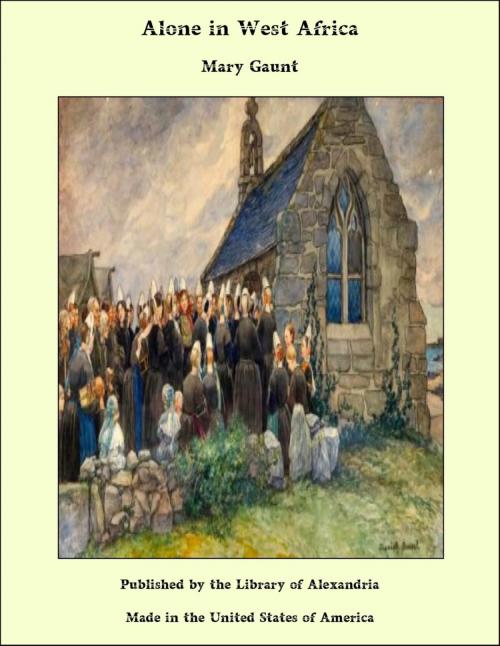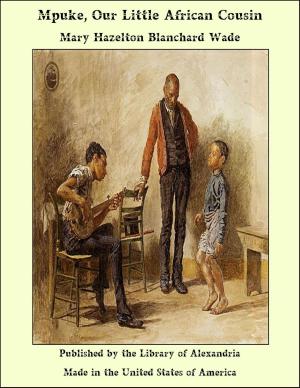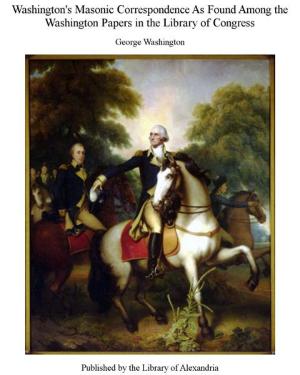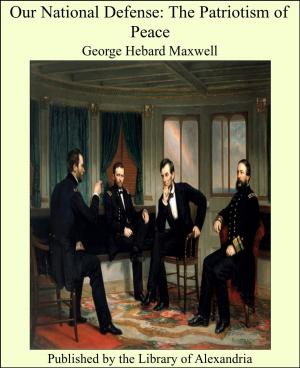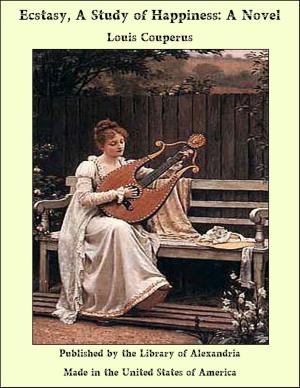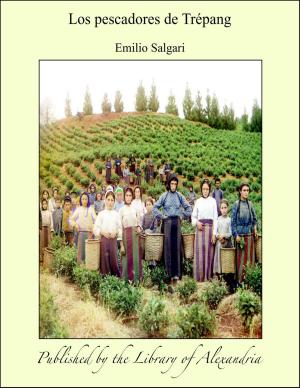| Author: | Mary Gaunt | ISBN: | 9781465614964 |
| Publisher: | Library of Alexandria | Publication: | March 8, 2015 |
| Imprint: | Language: | English |
| Author: | Mary Gaunt |
| ISBN: | 9781465614964 |
| Publisher: | Library of Alexandria |
| Publication: | March 8, 2015 |
| Imprint: | |
| Language: | English |
Sometimes when people ask me with wonder why I went to West Africa, why I wanted to go, I feel as if that wife must have grown old and feeble and will bear no more men to send across the sea. I hope not. I trust not. More than ninety years ago she sent my mother’s father into the Honourable East India Co.‘s service, and then, in later years with his ten children to colonise Van Diemen’s Land. Nearly sixty years ago she sent my father, a slim young lad, out to the goldfields in Australia, and she breathed her spirit over the five boys and two girls who grew up in the new land. I cannot remember when any one of us would not have gone anywhere in the world at a moment’s notice. It would not have been any good pointing out the dangers, because dangers at a distance are only an incentive. There is something in the thought of danger that must be overcome, that you yourself can help to overcome, that quickens the blood and gives an added zest to life. I can remember as a small girl going with my sister to stay with an uncle who had a station, Mannerim, behind Geelong. The house had been built in the old days of slabs with a bark roof, very inflammable material. I loved the place then because it spoke of the strenuous old days of the Colony. I love the memory of it now for old times’ sake, and because there happened the first really exciting incident in my life. It was a January morning, the sky overcast with smoke and a furious hot wind blowing from the north. The men of the household looked out anxiously, but I sat and read a story-book. It was the tale of a boy named Carlo who was wrecked on the coast of West Africa—nice vague location; he climbed a cocoa-nut tree—I can see him now with a rope round his waist and his legs dangling in an impossible attitude—and he was taken by savages. His further adventures I do not know, because a man came riding in shouting that the calf paddock was on fire and everyone must turn out. Everyone did turn out except my aunt who stayed behind to prepare cool drinks, and those drinks my little sister and I, as being useless for beating out the flames, were sent to carry to the workers in jugs and “billies.”
Sometimes when people ask me with wonder why I went to West Africa, why I wanted to go, I feel as if that wife must have grown old and feeble and will bear no more men to send across the sea. I hope not. I trust not. More than ninety years ago she sent my mother’s father into the Honourable East India Co.‘s service, and then, in later years with his ten children to colonise Van Diemen’s Land. Nearly sixty years ago she sent my father, a slim young lad, out to the goldfields in Australia, and she breathed her spirit over the five boys and two girls who grew up in the new land. I cannot remember when any one of us would not have gone anywhere in the world at a moment’s notice. It would not have been any good pointing out the dangers, because dangers at a distance are only an incentive. There is something in the thought of danger that must be overcome, that you yourself can help to overcome, that quickens the blood and gives an added zest to life. I can remember as a small girl going with my sister to stay with an uncle who had a station, Mannerim, behind Geelong. The house had been built in the old days of slabs with a bark roof, very inflammable material. I loved the place then because it spoke of the strenuous old days of the Colony. I love the memory of it now for old times’ sake, and because there happened the first really exciting incident in my life. It was a January morning, the sky overcast with smoke and a furious hot wind blowing from the north. The men of the household looked out anxiously, but I sat and read a story-book. It was the tale of a boy named Carlo who was wrecked on the coast of West Africa—nice vague location; he climbed a cocoa-nut tree—I can see him now with a rope round his waist and his legs dangling in an impossible attitude—and he was taken by savages. His further adventures I do not know, because a man came riding in shouting that the calf paddock was on fire and everyone must turn out. Everyone did turn out except my aunt who stayed behind to prepare cool drinks, and those drinks my little sister and I, as being useless for beating out the flames, were sent to carry to the workers in jugs and “billies.”
